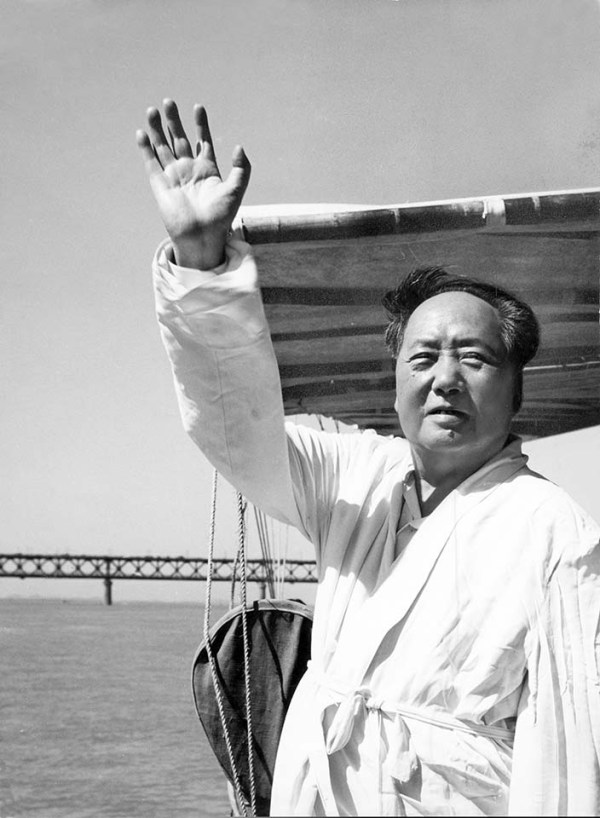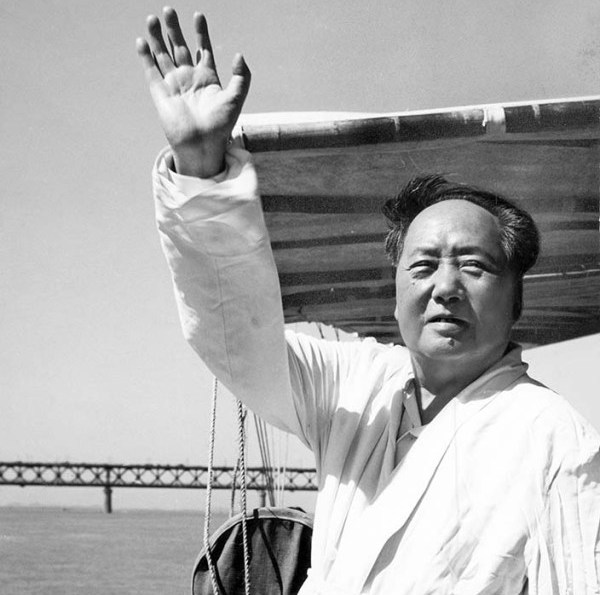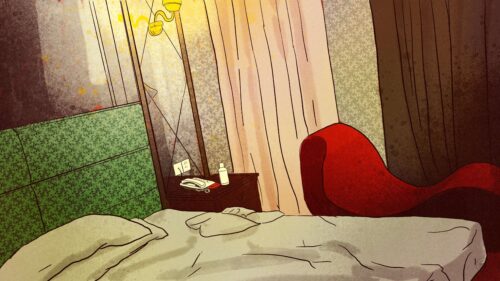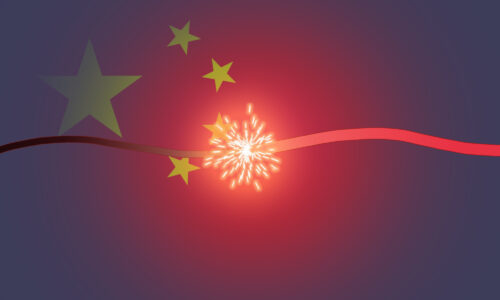Kuora: Mao Zedong’s legacy — and Deng Xiaoping’s role in preserving it

This month’s Kuora columns were in the subject of modern Chinese history. Take a look at last week’s column on Mao Zedong and Chiang Kai-shek. We’re going to stick with Mao this week to wrap up this mini-series with two of Kaiser’s answers that originally appeared on Quora:
December 11, 2014: Why has Mao Zedong’s personality cult lasted longer than that of other despots, such as Stalin?
February 28, 2014: Why didn’t Deng Xiaoping ever denounce Mao when he came to power, unlike Khrushchev, who denounced Stalin and started the process of de-Stalinization?
Sure, openly attacking Mao’s legacy is still largely verboten, but it’s really only a lunatic fringe in China that still worships or even admires him with the unthinking, deifying fervor that to me seems to characterize personality cults. Sure, he’s trotted out by other demagogues once in a while, and of course his portrait is still there on every damned denomination of the yuan from the 1 RMB note to the 100, and hangs atop Tiananmen. But mostly people understand that he’s too integral to the identity of the Chinese Communist Party to do away with him and to renounce him; after all, even if the current leadership’s composition, ideology, and policy orientation is nearly the diametric opposite of Mao’s, he’s still seen as a load-bearing wall, and knocking him down would destabilize the edifice. Most people are cynical enough to understand the very instrumental nature of the way his legacy is now used.
Most people in China know that his legacy was decidedly mixed — that he was to blame for the disasters of the Great Leap Forward and the Cultural Revolution — but they also believe (rightly or wrongly) that he unified China after a long period of civil strife interrupted only by the full-scale invasion of China by Japan, that he enacted land reform (which I daresay most Chinese would adjudge to have been carried out with brutality, but necessary brutality), and that he restored to China a national dignity that had been lost for a century or more.
Really the Mao personality cult was over by 1979. And really it didn’t start until, at the very earliest, 1949 — though arguably open veneration of Mao didn’t start until the late 1950s. So it really wasn’t all that long-lasting; maybe longer than Stalin’s (from the late 1920s to the mid-1950s) or Hitler’s or Mussolini’s — but not surviving to today except maybe in pockets of Nepal and India.
Officially — as I’m sure you’ve heard it said, and as I’ve written before — Mao was “70 percent good, 30 percent bad.” This was the formula handed down by Deng Xiaoping 邓小平 in the early 1980s. I think for most Chinese — and almost certainly for most urban, educated Chinese — the proportion of bad to good is probably higher than that, perhaps even the reverse.
Speaking of Deng (who saved contemporary China), he didn’t denounce Mao or engage in Khrushchev-inspired “de-Maoification” because Deng was deeply pragmatic and knew that to pursue such a course would result in bitter in-fighting that would threaten his own leadership position. Too many who had come to power through Mao’s patronage or in support of unmistakably Maoist policies would, Deng understood, fight to preserve Mao’s legacy and thus their own position, status, and political capital.
Deng knew a de-Maoification effort would fritter away valuable energies that our diminutive protagonist understood needed to be focused on development and steering a difficult transition to increased marketization. He knew full well that people were tired of political struggle and debating ideology. They wanted more than anything just to live normal, mostly politically-unencumbered lives where they could focus on productive activity and eke out a dignified material existence.
Deng found a formula whereby not just lip-service — though there was plenty of that, to be sure — but a good measure of genuine admiration for Mao’s earlier accomplishments could be proffered while still being implicitly critical. No one was in much doubt about what Mao’s mistakes were, and when Deng alluded to them there was little ambiguity in the mind of anyone who’d lived through the years 1949 to 1976 as to what specifically he was referring to. As for his accomplishments, there wasn’t too much dispute over what those were, either: He successfully reunified at least the mainland, established CCP rule over most of pre-1912 China, and created a sovereign nation-state free of colonial power and in possession of its own formidable armed forces. Deng was able to tap into what was useful toward realizing his very pragmatic vision — a Party monopoly on power, tight control over the PLA and the myriad bureaucratic apparatuses that allow a state to issue currency, collect taxes, conduct diplomacy, enact and enforce law and so forth — all without embracing the aspects of Mao’s rule that were detrimental to the Chinese economy or seriously jeopardizing the Party’s legitimacy by going after its legacy.
By the time of Mao’s death, the Communist Party — or what was left of it, as the Great Proletarian Cultural Revolution finally wound down —was Mao. There was no one of the stature of Lenin to whom Deng would have been able to appeal as a more “pure” form of Chinese Communist, at least no one with anything like Lenin’s ideological valence. There were no figures of sufficient spine and sufficient charisma to step into Mao’s shoes, save Deng. Peng Dehuai 彭德怀, Liu Shaoqi 刘少奇, and Lin Biao 林彪 had all been purged and were dead. Zhou Enlai 周恩来 was dead. So we ended up with Hua Guofeng 华国锋.
Deng was also conveniently able to give Chinese the cathartic purge they needed by going after the Gang of Four, led by Mao’s widow Jiang Qing 江青, and he created a villain in her (by all accounts she really was a nasty piece of work). She absorbed all the bad qualities of Mao. Again, this gave Deng both a satisfying target for those who needed one — and there were plenty who did — and preserved the structure of the Party and its waxy, formaldehyde-filled symbolic linchpin.
Kuora is a weekly column.







